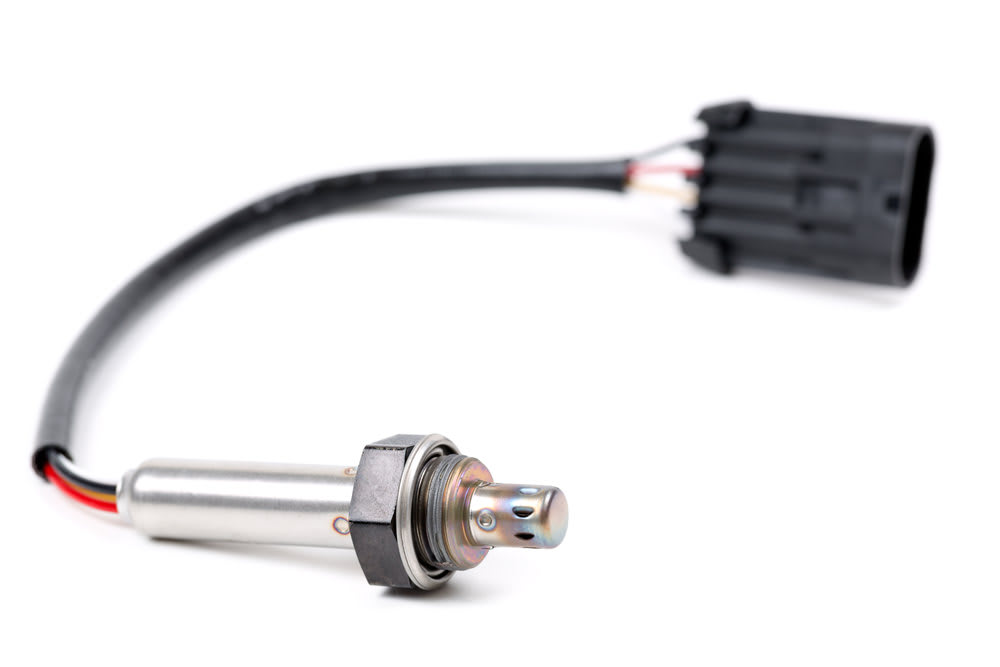

Sensors play an integral role in the performance of your car’s engine. When one sensor stops working, it can cause the entire system to malfunction. The Onboard Diagnostic Computer relies on the information provided by the sensors to ensure the system works correctly. While many things can happen to cause problems with one or more sensors, simply getting dirty is a main cause for sensors to stop working.
Listed below are a few of the important sensors that keep your car running strong and the common ways they become dirty or damaged.
Understanding the Important Car Sensors on your Vehicle
All vehicles produced and sold in the United States today are required to have an On Board Diagnostic computer, typically referred to as the OBD-II or ECU. The primary electrical, transmission, wheel, fuel and ignition sensors relay information to the diagnostic computer so that it can make adjustments on how the systems function. There are a few that are more critical than others and are at higher risk of exposure and becoming dirty or damaged.
The oxygen sensor, manifold absolute pressure sensor, and mass airflow sensor monitor the amount of air in the system to ensure an accurate fuel/air mixture in the engine.
Wheel speed sensors let the ABS system know if one wheel has lost traction. This enables the system to readjust and keep your car in control and on the road.
Most professional mechanics agree that staying on top of routine service and maintenance can reduce mechanical failure. However, there really isn't a routine service program for sensors. Sometimes physical inspection or simply cleaning the areas where these sensors are connected can prevent problems.
How Sensors Get Dirty
As noted above, some sensors are at higher risk than others. Listed below are some of these sensors and common ways they become dirty and can cause connectivity or operational issues.
Oxygen sensors get contaminated by chemicals that leak into the exhaust. For example, silicates enter the area when the coolant leaks because of a crack in the cylinder wall or a leaking head gasket. Phosphorus gets in the exhaust from oil leaks because of worn rings.
Mass airflow sensors, often called MAF sensors, become dirty from fuel varnish. Dirt will attach to the heating element and cause it to incorrectly report how much airflow is occurring.
Wheel speed sensors are often damaged rather than accumulating dirt, but they may attract iron particles which will limit their functionality. If they are damaged, it’s generally the wiring rather than the actual sensor.
The manifold absolute pressure sensor is located near the intake manifold and will get debris and dust on it. Cleaning the MAP sensor will restore it back to working order.
How Sensors Get Damaged
When other components aren’t working correctly they can damage the sensors. For instance, the coolant sensor may be damaged if the engine overheats. However, normal wear and use can also cause a sensor to fail, often seen with the throttle position sensor.
Sensors that read tire pressure generally stop working if the batteries die. The sensor will need to be replaced rather than just the batteries. Sometimes, tire sealant products can cause the sensor to become dirty.
If you suspect that a sensor isn’t working properly, try to clean it before you replace it. Taking a few minutes to clean your sensor could save you a lot of money. Replacing it may be the next step if the sensor is damaged. A faulty sensor can cause major damage to your vehicle or reduce performance if you continue driving. If you have an issue with any of your sensors or electrical components, have a certified mobile technician from YourMechanic inspect the problem.



